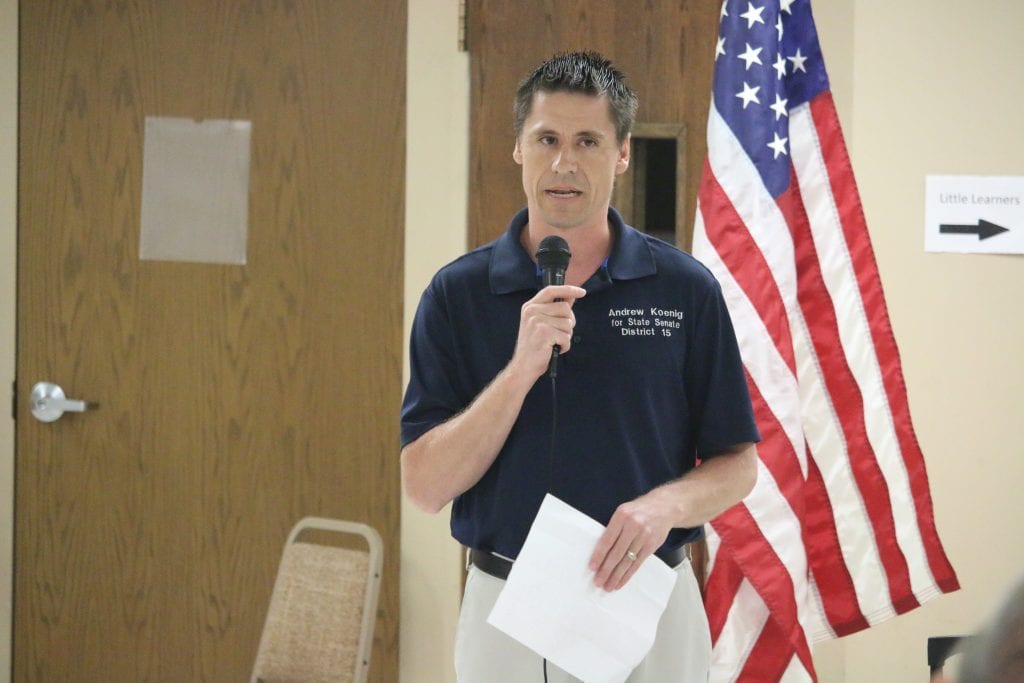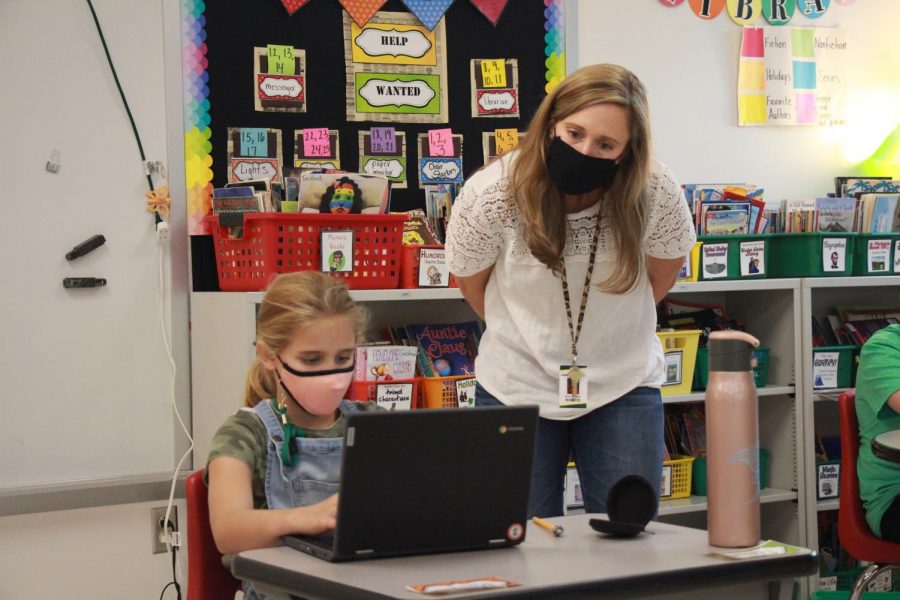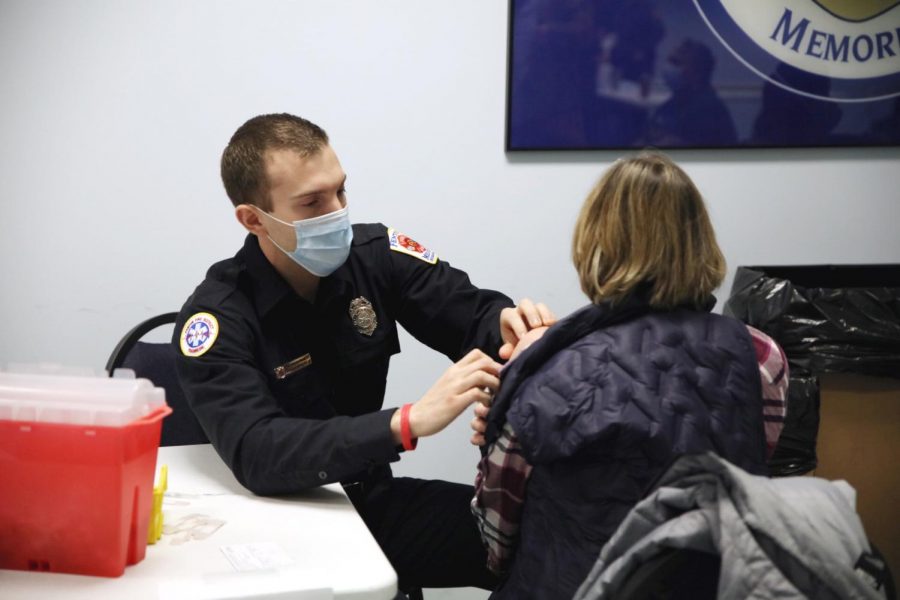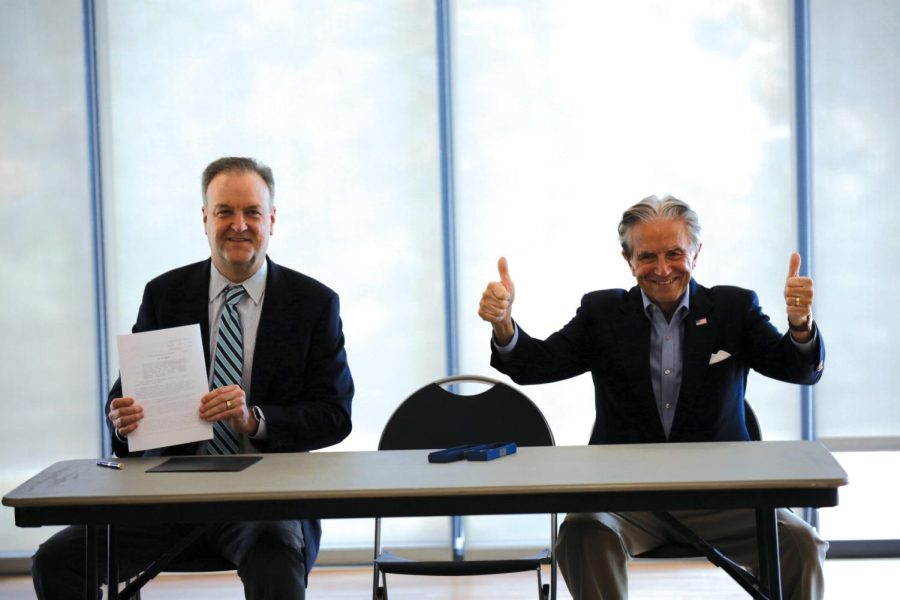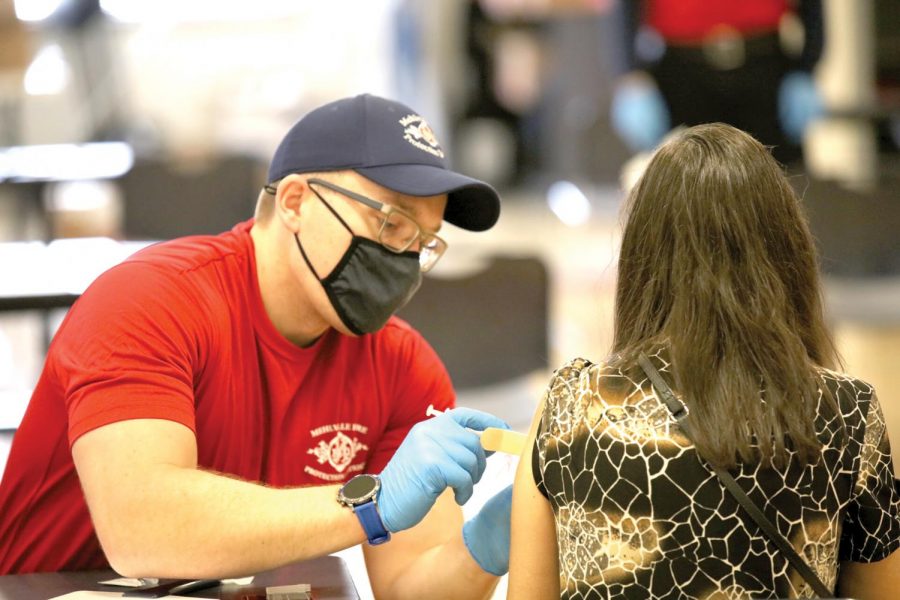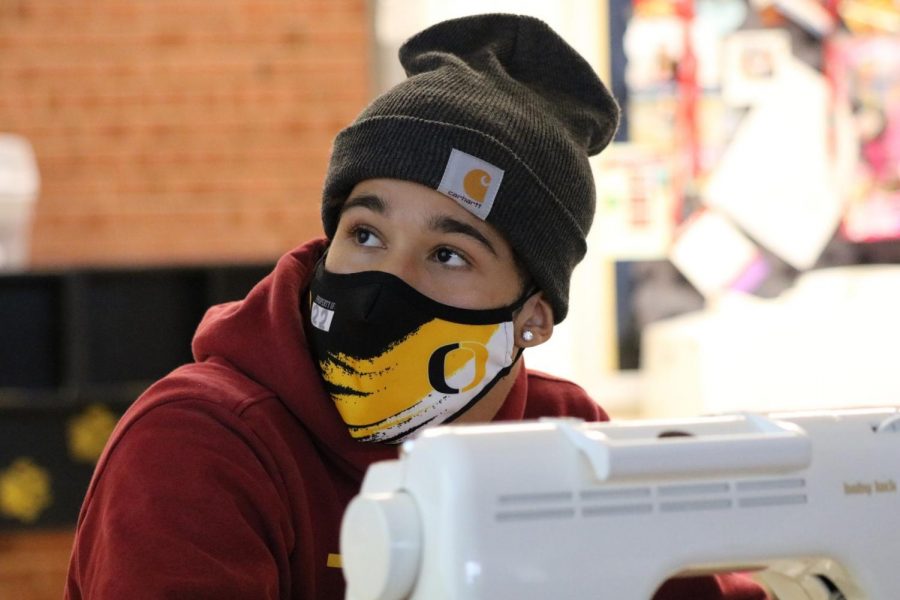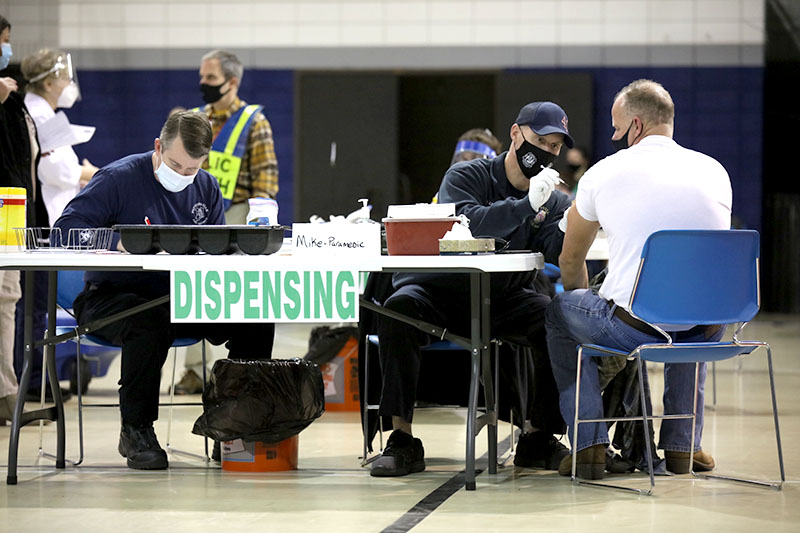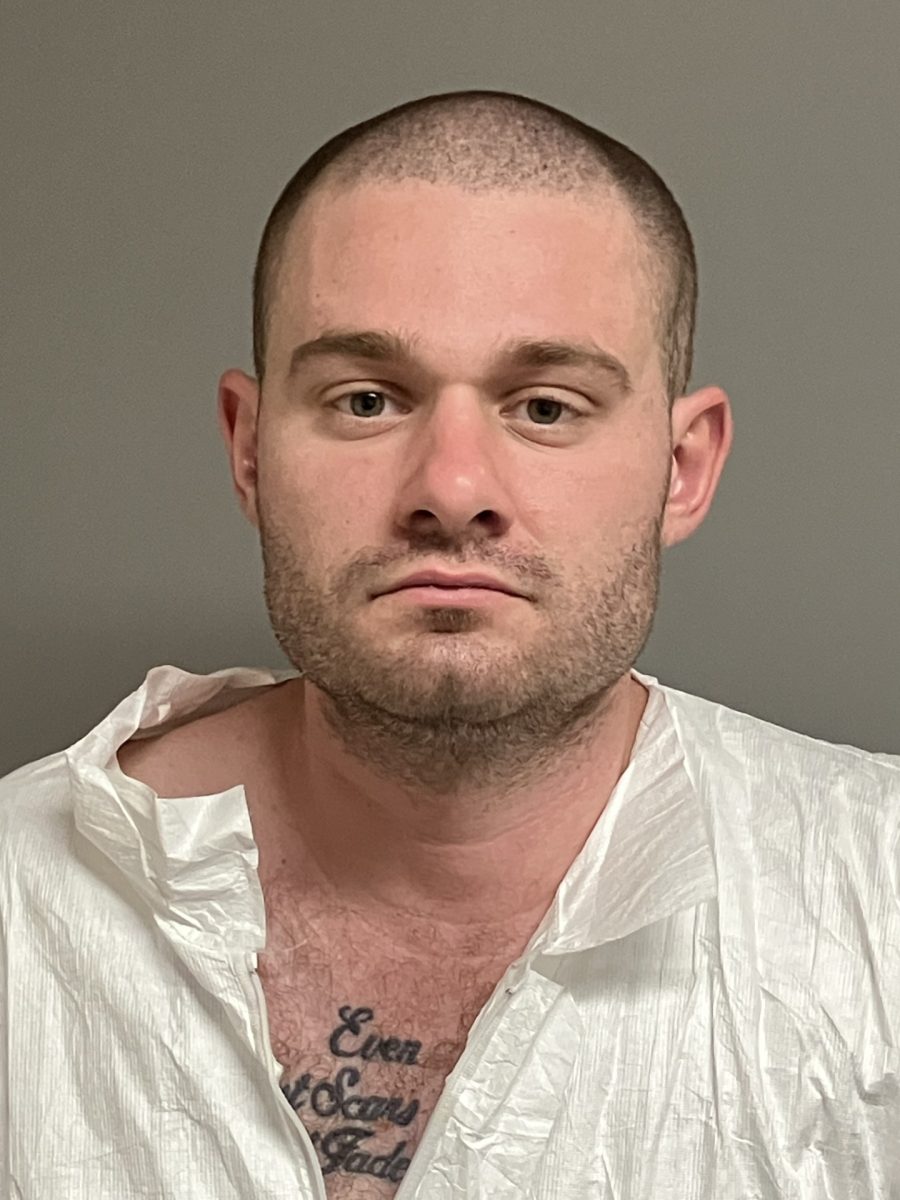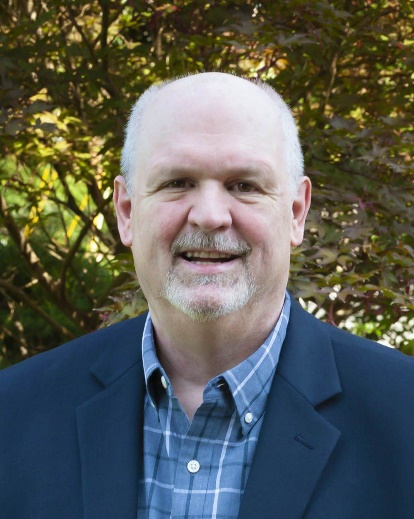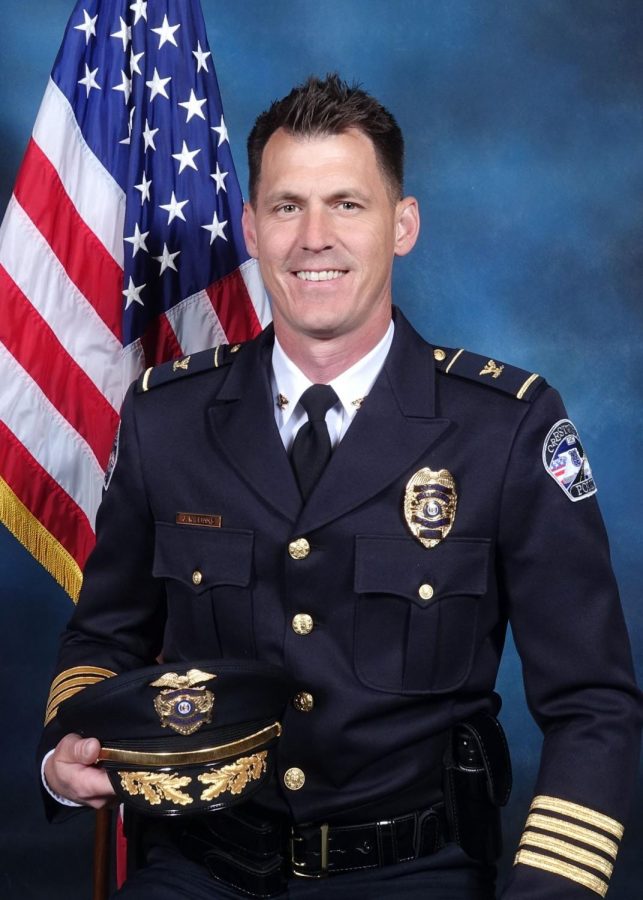A bill that aims to promote sexual assault survivors’ rights and improve evidence collection and processing unanimously passed a Missouri House committee Wednesday.
The House Children and Families Committee voted 13-0 in favor of SB 569, sponsored by Sen. Andrew Koenig, R-Manchester. The bill has already made it through the Senate, where Koenig’s original text was combined with two other bills.
It would give survivors access to a tracking system for sexual assault evidence, require all hospitals to offer forensic examinations and create a Sexual Assault Survivors’ Bill of Rights.
The Missouri Coalition Against Domestic and Sexual Violence, the Missouri Hospital Association and the Joyful Heart Foundation, an organization that works against sexual assault and domestic violence, provided written testimony in support of the bill, with some caveats.
Under the bill, all licensed hospitals would have to offer forensic exams for sexual assault survivors by Jan. 1, 2023, whether through employing a Sexual Assault Nurse Examiner or qualified physician, or by using telehealth to allow a SANE to remotely direct exams.
The Missouri Hospital Association objected to the telehealth provision. Committee Chair Rep. Sheila Solon, R-St. Joseph, said the group argued “getting patients to the right facility is more important than the closest facility.”
She strongly disagrees with that reasoning.
“A rape kit is not open-heart surgery,” she said, and being sent to another hospital hours away can be retraumatizing for survivors. “They’re already in shock and traumatized and at the lowest point in their life, probably. And what we need to show them is compassion and help when they arrive.”
Rep. Keri Ingle, D-Lee’s Summit, said she knew of a law-enforcement officer who drove a survivor three hours after a closer hospital refused to perform an exam.
Another section of the bill gives sexual assault survivors access to a tracking system for sexual assault evidence and requires that the Department of Public Safety work with the attorney general and with Health and Human Services to develop a temperature-controlled repository for evidence.
“Nothing would be more traumatic than being a victim and then not knowing if your kit had even been tested,” Koenig said. “These (survivors) deserve justice.”
When survivors decide not to participate in the criminal justice system, their evidence would be kept for five years, or five years after the survivor turns 18.
Koenig said the bill might need adjustment in response to concerns. The Joyful Heart Foundation testimony said mandated evidence tracking was not in the best interest of survivors, Koenig told the committee, and the Missouri attorney general said it would be difficult to track all evidence instead of just rape kits.
Solon argued that it is important to track all kinds of evidence and that the difficulties the attorney general brought up applied to the whole tracking system.
“A lot of victims of a sexual assault take a shower because they feel dirty. And sometimes the only evidence that we have is their underwear or the jeans for the physical evidence. That evidence is just as important as a rape kit,” she said.
“While we’re setting up a system, which is logistically going to be difficult for the attorney general to do, why don’t we do it the right way?” she added a few minutes later.
SB 569 would also create a Sexual Assault Survivors’ Bill of Rights.
Some of those rights would include being able to consult with a rape crisis center employee or volunteer during forensic exams, having a support person present during interviews with law enforcement or attorneys, showering at no cost after a forensic exam and choosing the gender of the law enforcement officer who interviews them.
The bill of rights also says medical providers and law enforcement must inform survivors of their rights, give them information about available resources and share the results of examinations.
DPS would pay for forensic exams and make evidence-collection kits available.
The bill isn’t automatically funded but rather depends on the budget committee to set aside money, Solon said, as well as allowing donations.
While that makes her more comfortable supporting it in the current economic situation, it also means passing the bill is only the first step, Solon said.
“I hope that when our economy recovers, that this is something that we do,” she said. “When I’m out of the building, I hope the members of this committee will help push in the budget committee to appropriate for this.”



